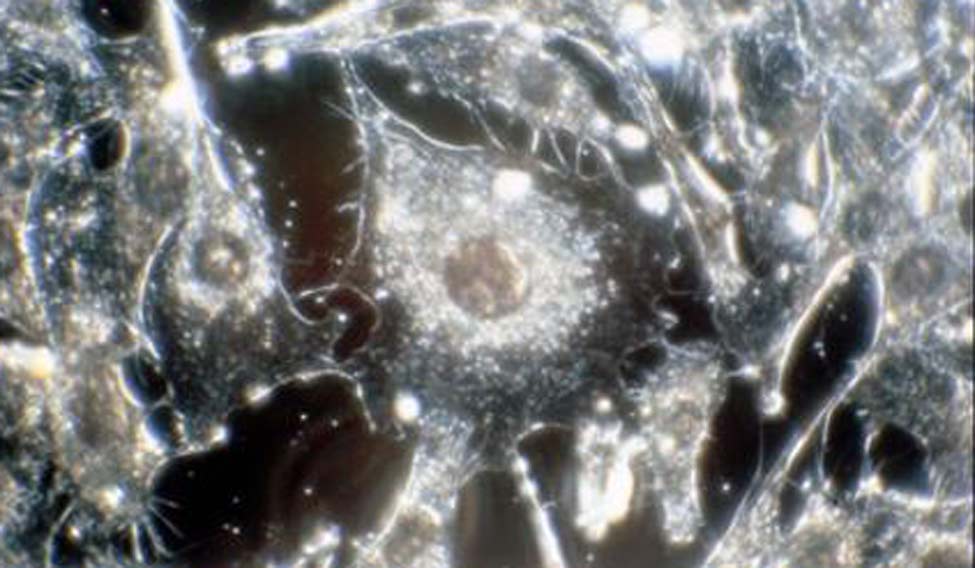Researchers have developed cancer drug-packed grenades armed with heat sensitive triggers, allowing for treatment to be targeted directly at tumours, according to two new studies.
Researchers at the University of Manchester have been developing liposomes — small bubble-like structures built out of cell membrane that are used as packages to deliver molecules into cells — to carry drugs into cancer cells.
However, the challenge is to direct the liposomes and their payload directly to tumours while sparing healthy tissue.
The two new studies show the team has taken a step closer to solving this problem by fitting liposomes with a heat-activated trigger.
By slightly heating tumours in the lab and in mouse models, the researchers have been able to control when the pin is pulled so that the cancer-killing 'grenades' release the drug and target the cancer.
"Temperature-sensitive liposomes have the potential to travel safely around the body while carrying your cancer drug of choice," said study author Kostas Kostarelos, professor of nanomedicine at the University of Manchester.
"Once they reach a 'hotspot' of warmed-up cancer cells, the pin is effectively pulled and the drugs are released," said Kostarelos.
This new method allows researchers to more effectively transport drugs to tumours, and reduce collateral damage to healthy cells.
"The thermal trigger is set to 42 degrees Celsius, which is a few degrees warmer than normal body temperature. Although this work has been done in the lab so far, there are a number of ways we could potentially heat cancer cells in patients -- depending on the tumour type -- some of which are already in clinical use," Kostarelos said.
The findings of the two studies will be presented next week at the National Cancer Research Institute (NCRI) Cancer Conference in Liverpool.





